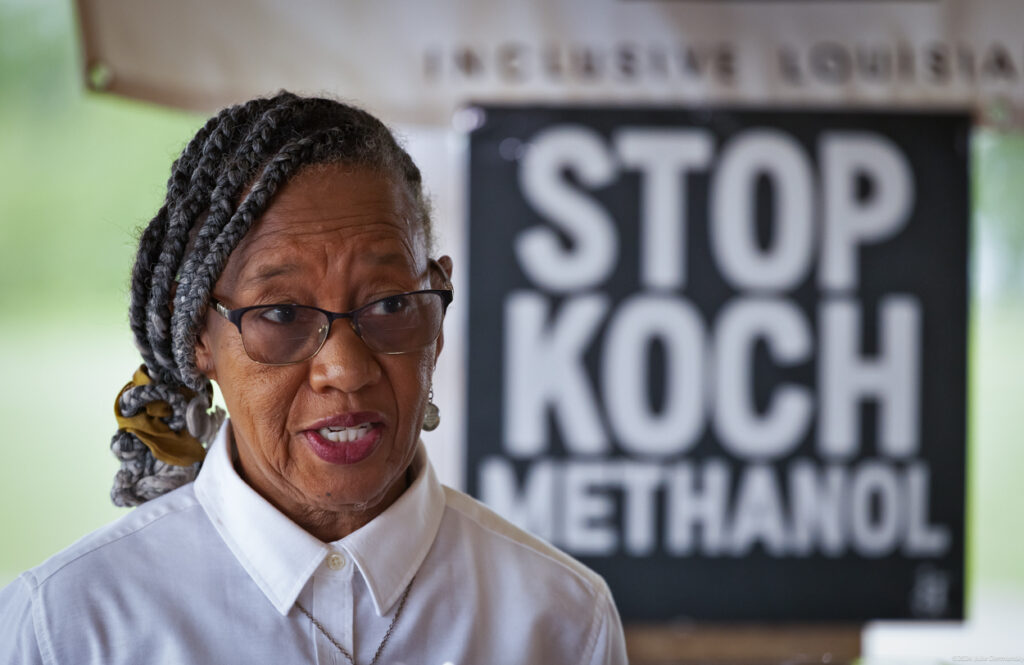British foreign secretary Margaret Beckett presided over the landmark debate, arguing that climate instability caused by global warming will worsen the major causes of world conflict such as migratory pressures and competition for resources. She also noted that Uganda, which depends on hydroelectric power from a reservoir depleted by drought, has labeled climate change “an act of aggression by the rich against the poor.”
But China, backed by Russia, Qatar, Indonesia and South Africa, among others, said the Security Council was not the place to take concrete action, though no resolution is expected. Pakistan argued against the debate on behalf of 130 developing nations, with many saying the Council was encroaching on more democratic bodies, like the 192-member United Nations General Assembly.
Other developing nations, like Peru and Panama, and small island states, among the most threatened by climate change, agreed with Britain. Most industrial nations, including the European Union, agreed with Britain.
The U.S., the world’s largest emitter of greenhouse gases, opposes mandatory caps on emissions but has instead pushed alternative fuels and energy efficiency.
Subscribe to our newsletter
Stay up to date with DeSmog news and alerts





